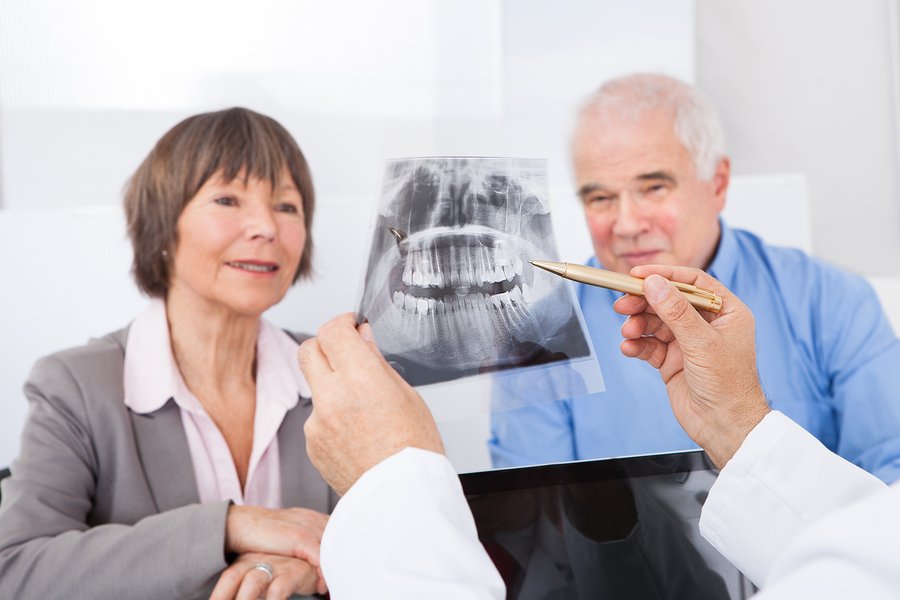Increased life expectancies have caused an explosion of the aging population that is expected to continue for the foreseeable future. This has fueled a rising demand for geriatric dentistry performed by specialized dentists who are experienced working with elder patients. To better understand the importance of these dental professionals, here’s what you should know.
What Is Geriatric Dentistry?
Geriatric dentistry is the delivery of oral care to older patients, many of whom require diagnosis, management, prevention and treatment of dental problems associated with age-related diseases. According to research, more than half of all dental patients over 60 are on medication or are medically compromised in some way. Older patients also tend to show increased sensitivity to medication used in dentistry, including analgesics and local anesthetics, and they are more likely to experience certain dental conditions related to aging, including root and coronal caries, dry mouth (xerostomia) and periodontitis.
The U.S. Surgeon General has stated that older Americans suffer from a “silent epidemic” of serious, consequential dental health problems. When you consider that many of these patients also have cognitive and physical issues that complicate treatment, it’s easy to see the need for dental professionals who specialize in treating geriatric patients.
Why it’s Important
There are a number of reasons why older people need specialized care from dentists who have extensive training and experience working with geriatric patients. These include:
Potential drug interactions: Elder patients are more likely to take several over-the-counter and prescription medications that can make them more vulnerable to drug interactions, medication errors and drug reactions. Dental professionals who specialize in geriatric dentistry understand this and take special precautions to protect the safety and well-being of older patients.
Compassion and understanding: According to the American Dental Association, it’s not uncommon for seniors to have sensory, physical and cognitive impairments that complicate dental treatment and communication. Because they are familiar with these issues, geriatric-focused dental professionals take great care to minimize noises and distractions during treatment. Many also provide televisions and radio programming to give older patients something to focus on.
Dental professionals who specialize in geriatric dentistry are careful to include trusted caregivers in the treatment process, allowing them to be present to provide comfort and reassurance. Since older patients with cognitive limitations are easily overwhelmed, geriatric-focused dental professionals are also careful to communicate using short, simple sentences that relax the patient and ease the treatment process.
Patience and consideration: When dealing with elder patients suffering from dementia or physical impairments, it’s not always possible to complete an exam or treatment. Experienced dental professionals understand that even the greatest patience and best preparation isn’t always enough. In turn, they are prepared to stop a treatment if necessary and pick things up at a later point in the day or week, as long as the delay won’t compromise the patient’s health.
Remember to keep up to date with regular dental check ins at your local dentist. They can also help you answer any specific questions or concerns you may have regarding your personal dental care.



 Previous Article
Previous Article